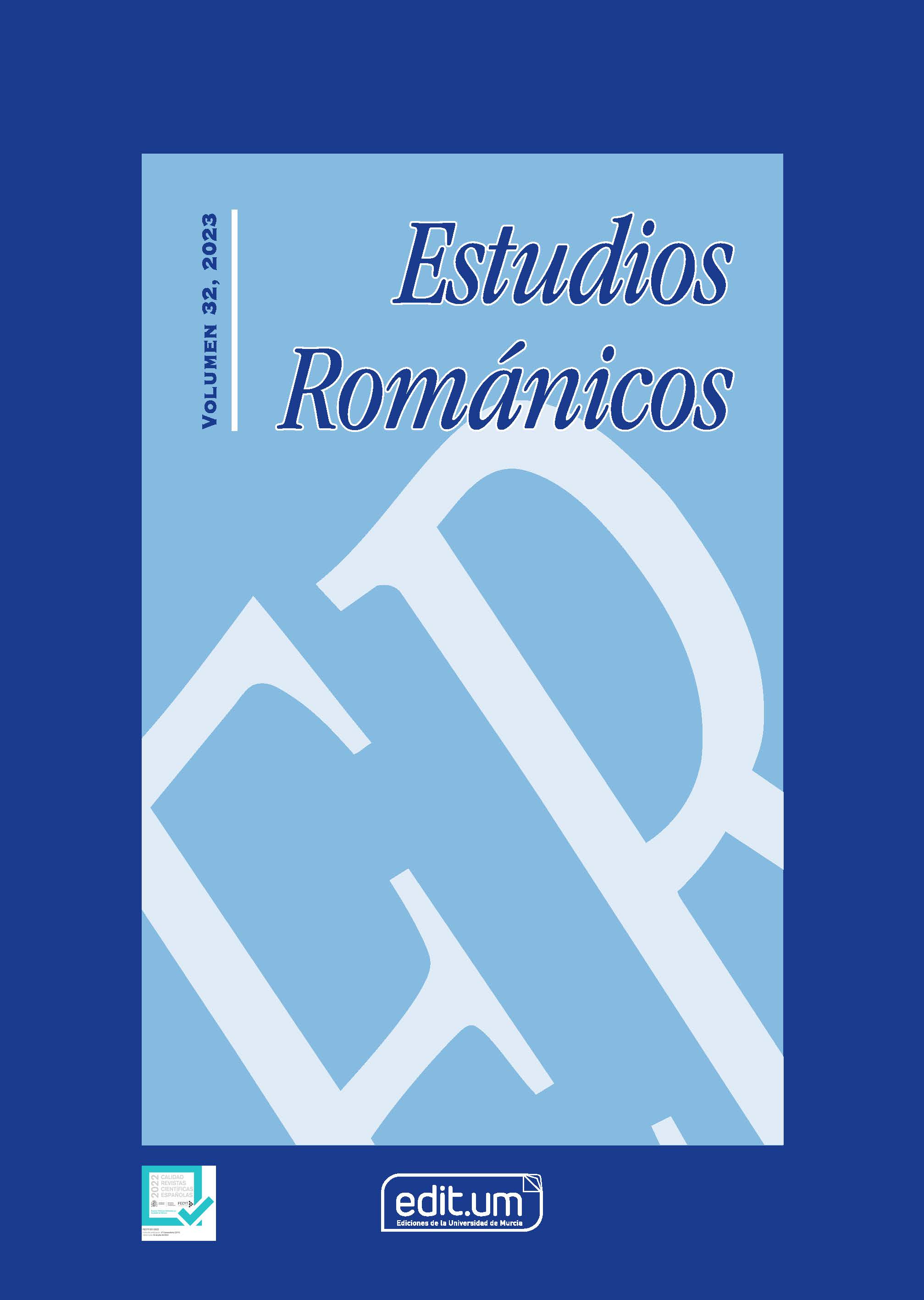Languages : card(s) of plural identity The autobiographical writing of Rosie Pinhas-Delpuech, between historical trauma and linguistic issues
Abstract
Languages define the identity of human because they convey a culture and, its corollary, History. When, sometimes, the History of nations carries trauma, humans end up resembling their History, the stories told within traumatized families. Wars, exiles, migrations... make diasporas communities both open to the Other, for the sake of social integration, or completely hermetic since the fear of losing the cultural foundations in these new spaces of adoption is greater than the desire to integrate the host societies. Life stories can be receptacles for family histories because they are inscribed in collective history. Our article will treat the autobiographical text of Rosie Pinhas-Delpuech which recounts the family languages, learned by the father, by the mother or at school, resulting mainly from the individual paths of each of these parental factions, and which, through their designation in the autobiographical text, refer to events experienced in Europe during and after the Second World War, sometimes even going back to the period of the Inquisition.
Downloads
-
Abstract411
-
pdf (Français )554
References
DALLENBACH, Lucien (2001) : Mosaïques. Paris: Seuil.
PINHAS-DELPUECH, Rosie (1998) : Insomnia, une traduction nocturne. Paris: Actes Sud.
PINHAS-DELPUECH, Rosie (2007). Anna, une histoire française. Paris: Actes Sud.
PINHAS-DELPUECH, Rosie (2009). Suites byzantines. Paris: Actes Sud.
PINHAS-DELPUECH, Rosie « Elle s’appelait Dursineh », in : Sebbar, L. (2012). Une enfance juive en Méditterranée musulmane. Paris: Bleu autour.
DIB, Mohamed (1998) : L’arbre à dires. Paris : Albin Michel.
DJEBAR, Assia (1985) : L’amour, la fantasia. Paris : J.-C. Lattès.
MAALOUF, Amin (1998) : Identités meurtières , Paris : Grasset.
Libération (2015) Présentation de Rosie Pinhas-Delpuech » [Consulté en ligne : http://www.liberation.fr/auteur/12221-rosie-pinhas-delpuech ]
« ''Juifs arabes '', une identité-mystère, Une enfance juive en Méditerranée musulmane (2013) » [Consulté en ligne : http://www.akadem.org/sommaire/themes/culture/litterature/litterature-francophone/une-enfance-juive-en-mediterranee-musulmane-09-10-2012-46503_403.php]
Copyright (c) 2023 Études Romanes

This work is licensed under a Creative Commons Attribution-NonCommercial-ShareAlike 4.0 International License.
Las obras que se publican en esta revista están sujetas a los siguientes términos:
1. El Servicio de Publicaciones de la Universidad de Murcia (la editorial) conserva los derechos patrimoniales (copyright) de las obras publicadas, y favorece y permite la reutilización de las mismas bajo la licencia de uso indicada en el punto 2.
2. Las obras se publican en la edición electrónica de la revista bajo una licencia Creative Commons Reconocimiento-NoComercial-SinObraDerivada 3.0 España (texto legal). Se pueden copiar, usar, difundir, transmitir y exponer públicamente, siempre que: i) se cite la autoría y la fuente original de su publicación (revista, editorial y URL de la obra); ii) no se usen para fines comerciales; iii) se mencione la existencia y especificaciones de esta licencia de uso.
3. Condiciones de auto-archivo. Se permite y se anima a los autores a difundir electrónicamente las versiones pre-print (versión antes de ser evaluada) y/o post-print (versión evaluada y aceptada para su publicación) de sus obras antes de su publicación, ya que favorece su circulación y difusión más temprana y con ello un posible aumento en su citación y alcance entre la comunidad académica. Color RoMEO: verde.












